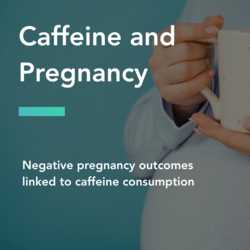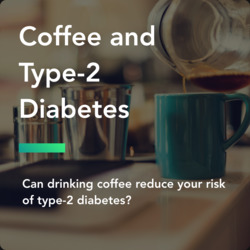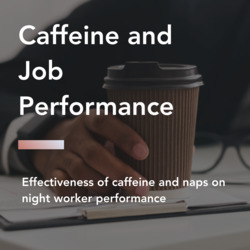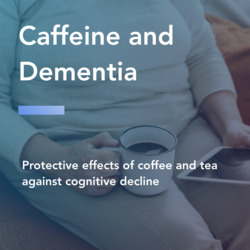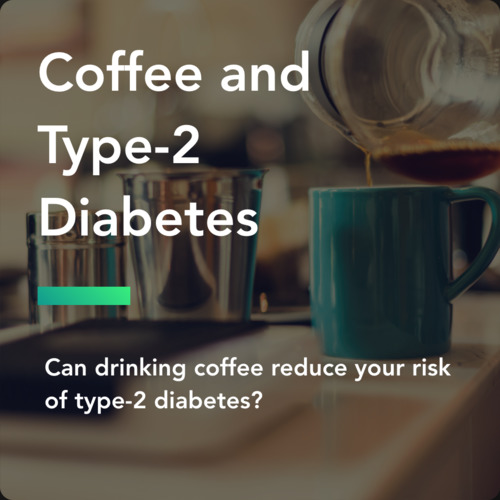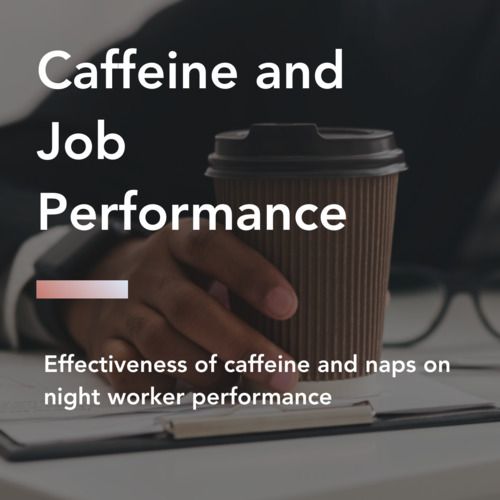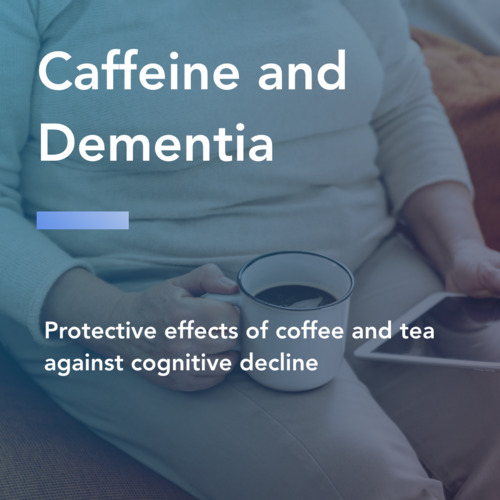caffeine
Top 5 Effects of Caffeine on the Brain | Visualized Health
Reviewed by The Clinical CommitteeJuly 13, 2019
Studies across several decades have all shown caffeine to have positive effects on the brain.
Caffeine lowers your reaction time, reduces sleepiness, and improves cognition among other documented effects.
When taken in moderation, caffeine should be at least somewhat beneficial for most people.
